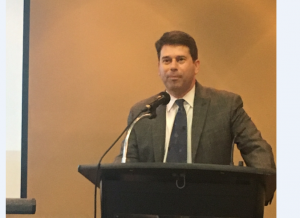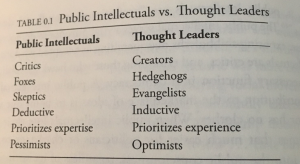Another World Cup, another wave of concerns about the plague of diving (or “simulation”) that afflicts the beautiful game. Every four years the most casual and ignorant of soccer fans become obsessives, and suddenly everyone notices that some of the best soccer players in the world are… a bunch of fakers.
This World Cup actually started out ok, but a week into it and it is business as usual, with the flow of the game regularly interrupted by a charade of flopping, writhing, grimacing, rolling, twisting, grabbing. So once again we are led to ask: What, if anything, can be done about it?
First, diving is nothing new, it’s been a part of the game for a very long time. There’s even a Wikipedia entry about it for heaven’s sake.
But second, not everyone thinks diving is bad. The Globe and Mail’s television writer, John Doyle, wrote a piece two World Cups ago asserting that not only is diving perfectly respectable, but that complaining about it is nothing more than North American parochialism, a sign of our “smug, small-minded notion of fairness, sportsmanship and manliness.”
Unfortunately, many players agree.… Continue reading


